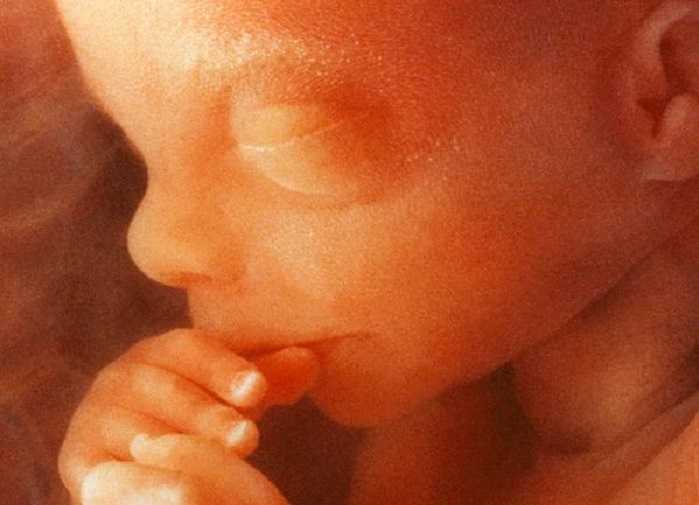An Oklahoma Senate committee approved a pro-life bill Monday to prohibit abortions once an unborn baby’s heartbeat is detectable.
Tulsa World reports the state Senate Health and Human Services Committee passed the heartbeat bill and two other pro-life bills in a party-line vote. The legislation now moves to the full Senate for consideration.
Sponsored by state Sen. Julie Daniels, R-Bartlesville, House Bill 2441 would prohibit abortions once an unborn baby’s heartbeat is detectable, about six weeks of pregnancy. Exceptions would be allowed if the mother’s life is at risk or a doctor certifies in writing that her pregnancy is “medically futile.”
Democrats on the committee suggested the pro-life bills could have a negative effect on doctors coming to Oklahoma, but Daniels said the legislation only would stop doctors from coming if they believe it is wrong to limit the “killing of unborn children,” KOCO News 5 reports.
“This law is attempting to save the unborn child,” Daniels said.
The bill passed the state House earlier this month.
REACH PRO-LIFE PEOPLE WORLDWIDE! Advertise with LifeNews to reach hundreds of thousands of pro-life readers every week. Contact us today.
Polls suggest many Americans support strong limits on abortion. A 2019 Hill-HarrisX survey found that 55 percent of voters said they do not think laws banning abortions after six weeks – when an unborn baby’s heartbeat is detectable – are too restrictive. Gallup polls also consistently have found that a majority of Americans think all or most abortions should be illegal.
A number of states have passed heartbeat laws in recent years, but most have been banned from enforcing them due to legal challenges by abortion activist groups. South Carolina passed a heartbeat law earlier this month, and Texas is debating similar legislation.
Other states with heartbeat laws include Georgia, Iowa, Kentucky, Mississippi, Missouri, North Dakota, Ohio, and Tennessee. However, all of the states have been blocked from enforcing them by court orders.
Some pro-lifers have renewed hope that the U.S. Supreme Court will uphold an abortion ban and overturn Roe v. Wade. Others, however, are hesitant because of concerns about losing the court battle and being forced to reimburse pro-abortion groups for their legal fees.
Though the high court currently has a conservative majority, Chief Justice John Roberts, who was nominated by a Republican president, has sided with the liberal justices on a number of occasions.
In 1973, the Supreme Court took away the states’ ability to protect unborn babies from abortion under Roe v. Wade, and instead forced states to legalize abortion on demand. Roe made the United States one of only seven countries in the world that allows elective abortions after 20 weeks.








